News and features
Read the latest news and features about our world-leading research, discoveries, fundraising and philanthropy. If you want to keep updated on our news, you can follow us on social media or sign up for our Search newsletter.
If you’re a journalist and want to find out more, you can contact our media relations team.
.png?sfvrsn=110bfd2c_1)
New data tool could bring RNA sequencing into standard clinical practice, improving diagnosis and treatment
Researchers have developed a new tool that could help clinicians diagnose the most common type of breast cancer more accurately and make better treatment decisions.
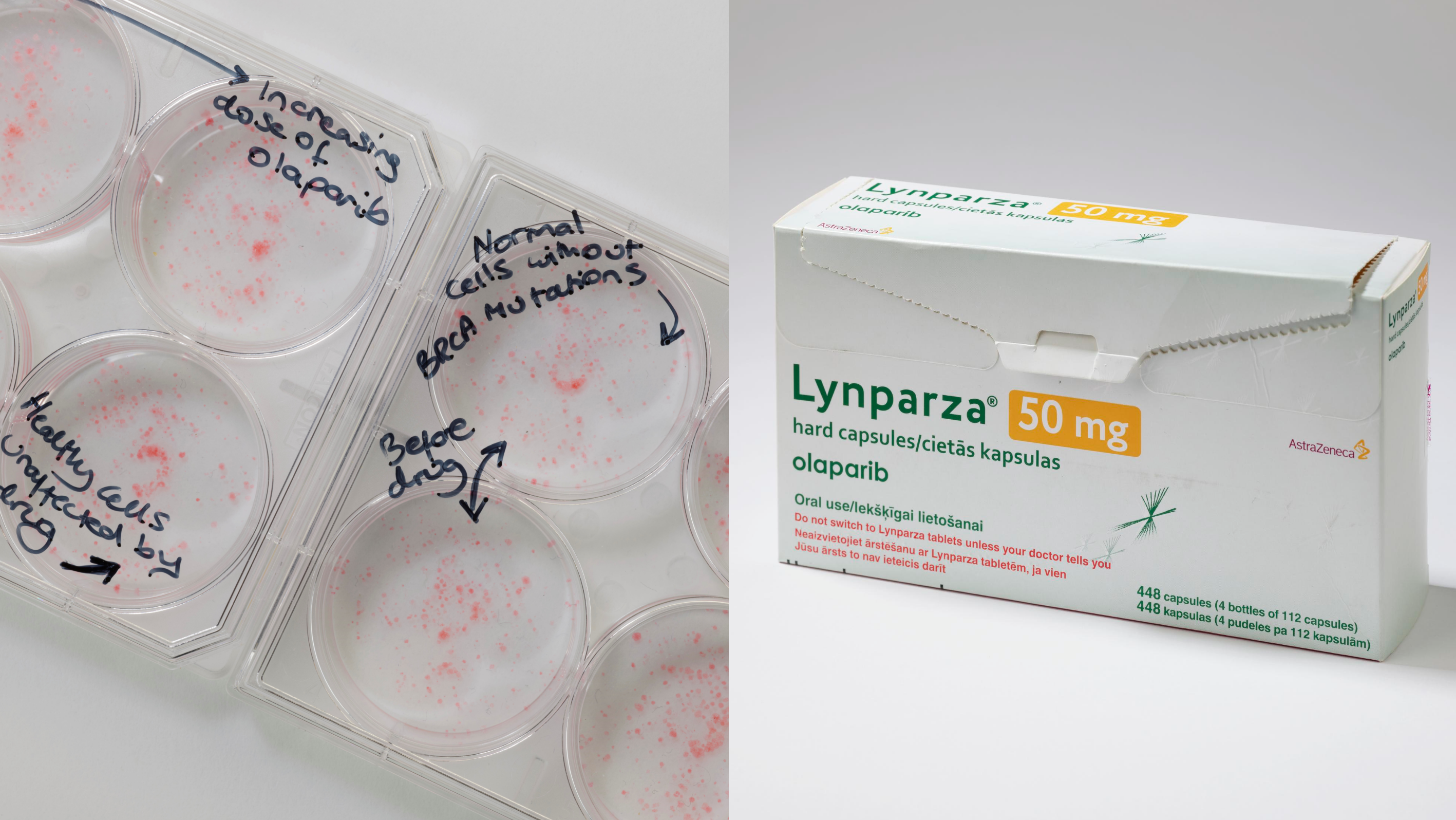
ICR welcomes NICE recommendation of olaparib for advanced breast cancer
The Institute of Cancer Research, London, strongly welcomes the decision by NICE to recommend that the targeted drug olaparib can be used for locally advanced or metastatic breast cancer.
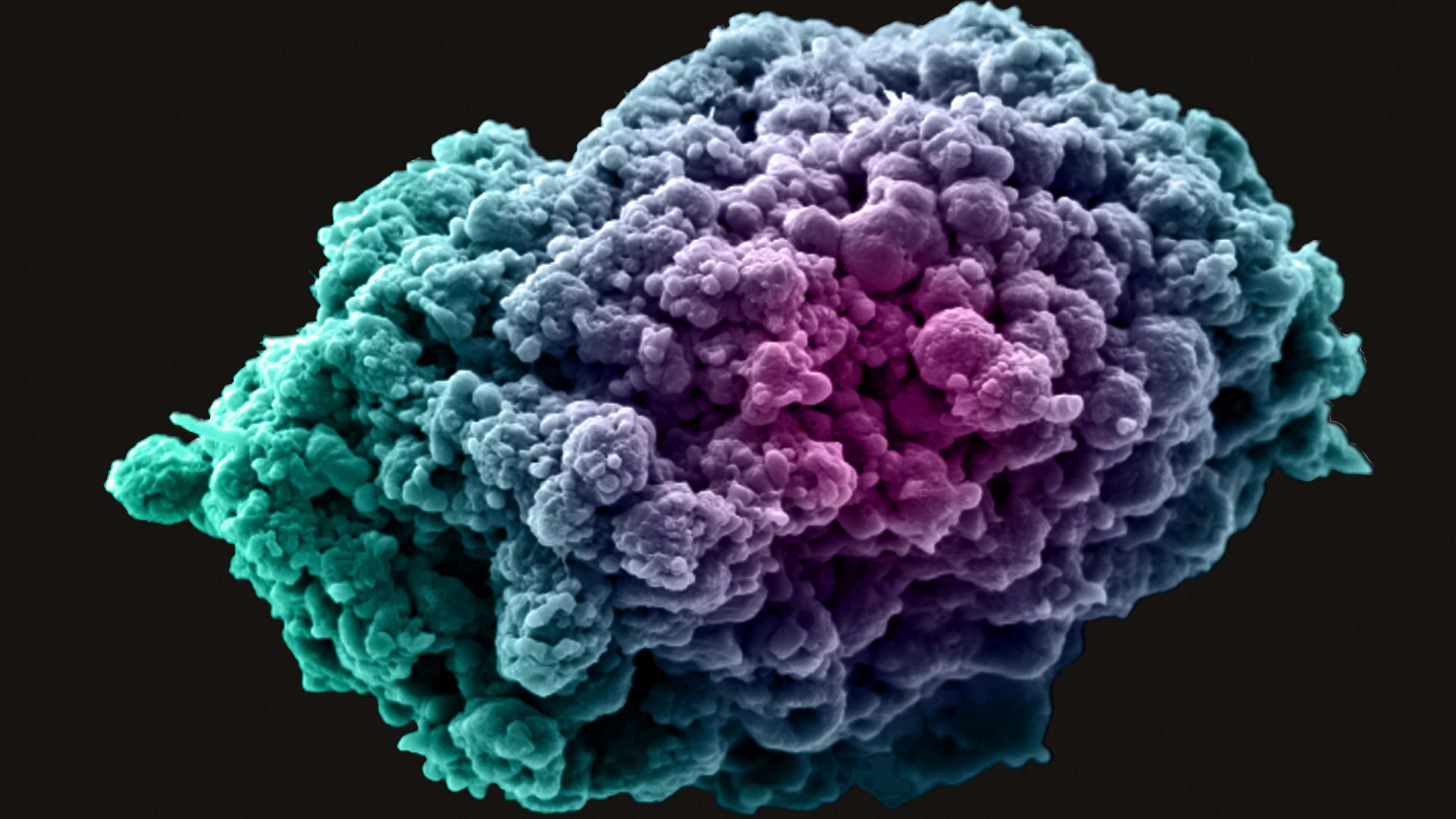
New understanding of aggressive form of breast cancer paves the way for tests and treatments
Scientists have developed a machine learning tool that can predict how an aggressive type of breast cancer will respond to treatment, and when it will return.
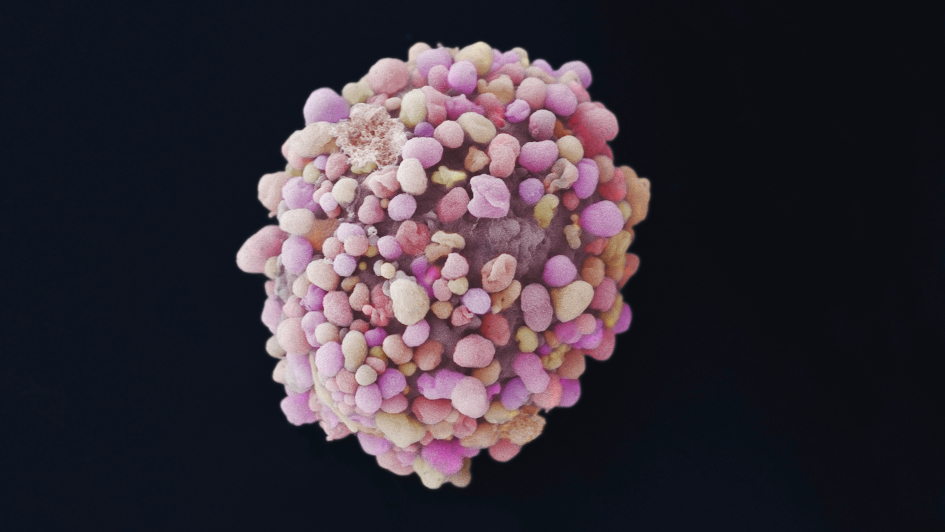
Scientific achievements of 2024
We've selected a range of discoveries from 2023/24 – chosen because they illustrate the quality and breadth of our basic, translational and clinical research and our ambitions under the ICR's research strategy.
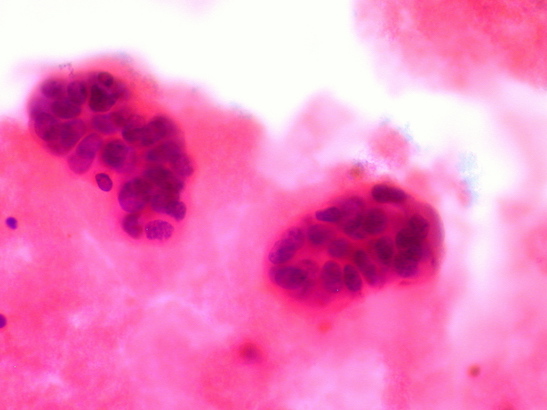
Powerful new therapy doubles progression-free survival in advanced breast cancer
A three-drug combination for aggressive advanced breast cancer doubles the length of time before the cancer progresses, compared with a drug combination currently available on the NHS, new research has shown.

Professor Axel Behrens elected as Fellow of the Academy of Medical Sciences
Professor Axel Behrens, Scientific Director of the Cancer Research UK Convergence Science Centre and leader of the Cancer Stem Cell Group at The Institute of Cancer Research, London, has been awarded a prestigious Fellowship by the Academy of Medical Sciences.
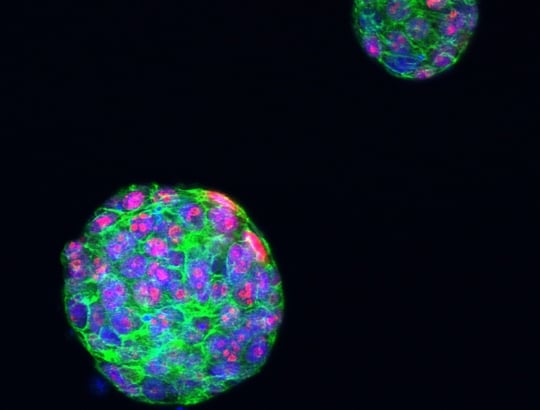
Researchers identify what drives PARP inhibitor resistance in advanced breast cancer
Researchers at The Institute of Cancer Research, London, have increased our understanding of how a cancer drug called a PARP inhibitor stops working in women with breast cancer that has spread. This research could ultimately help predict who’s more likely to respond to these drugs, and could lead to more effective ways to treat the disease.
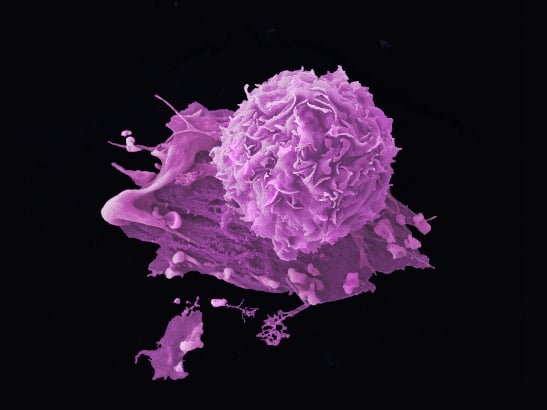
Research uncovers how to target ‘sleeping’ breast cancer cells and prevent relapse
Scientists have discovered how breast cancer cells can ‘hibernate’ to avoid treatment and ‘wake up’ years later – causing a relapse that is more difficult to treat.
.jpg?sfvrsn=b8be1e0b_2)
Targeted immunotherapy could lead to pioneering treatment for breast cancer
A new type of immunotherapy that targets non-cancer cells could help prevent the growth and spread of breast cancer tumours, according to new research from the ICR.
.jpg?sfvrsn=b8be1e0b_2)
ICR welcomes recommendation of talazoparib for advanced breast cancer
The Institute of Cancer Research, London, strongly welcomes the news that talazoparib (trade name Talzenna) has been recommended by NICE for the treatment of advanced breast cancer.
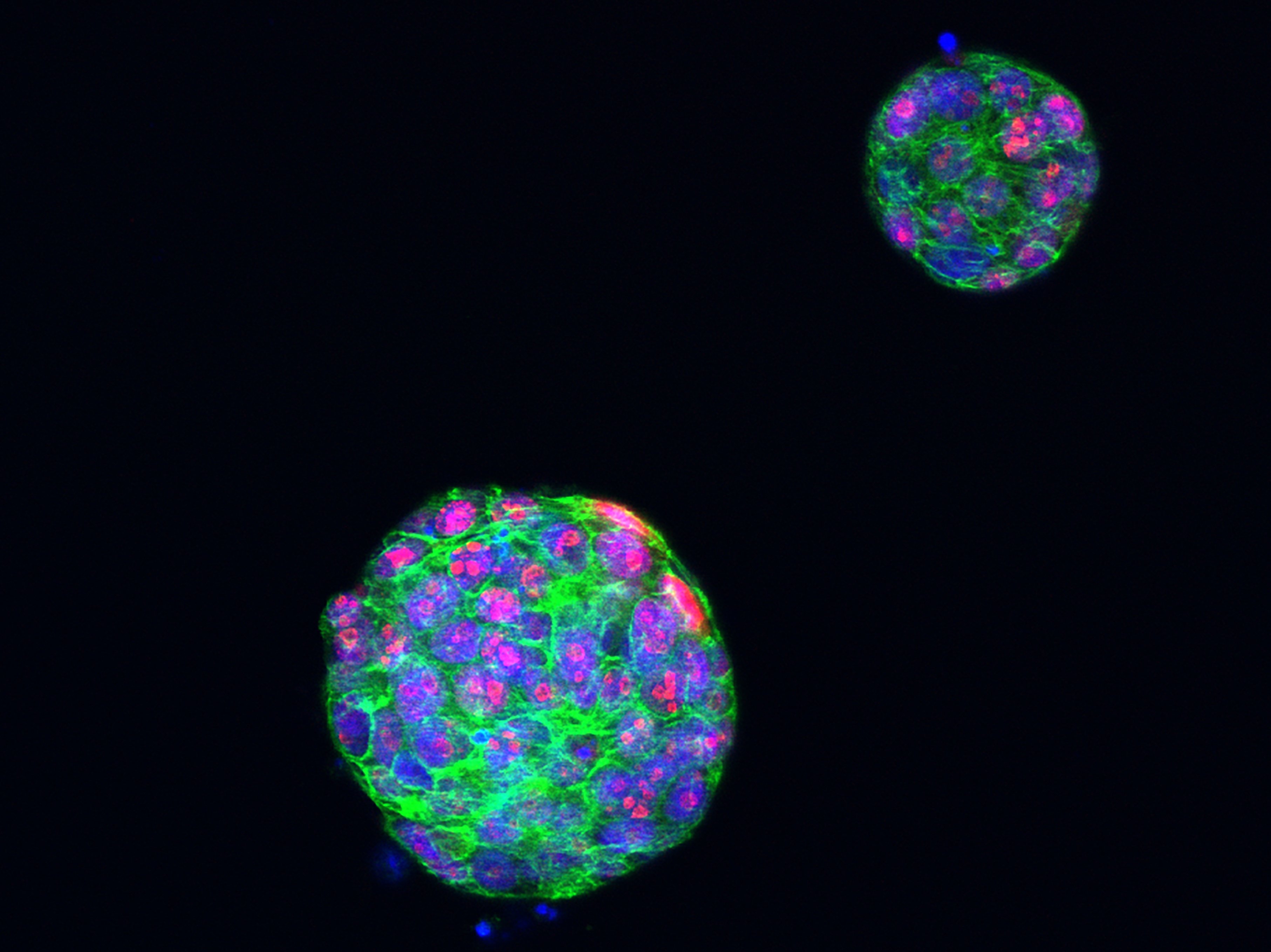
New understanding of devastating type of breast cancer spread could lead to better treatments
A new study has increased the understanding of an increasingly common complication of advanced breast cancer.
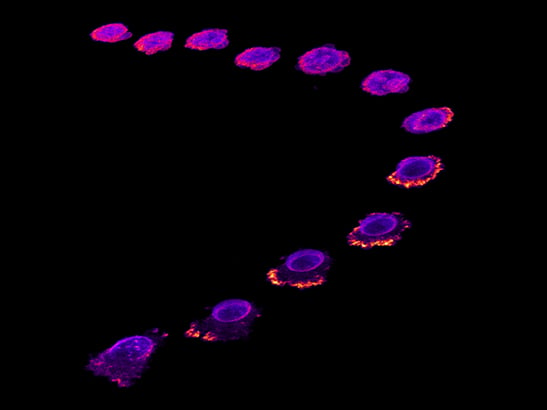
ICR welcomes FDA approval of first-in-class breast cancer drug
The ICR strongly welcomes the news that a new targeted drug, capivasertib, has been approved by the US FDA for treating the most common type of advanced breast cancer. The drug was discovered by pharmaceutical company AstraZeneca following a programme of drug discovery research at the ICR in collaboration with Astex Pharmaceuticals.
